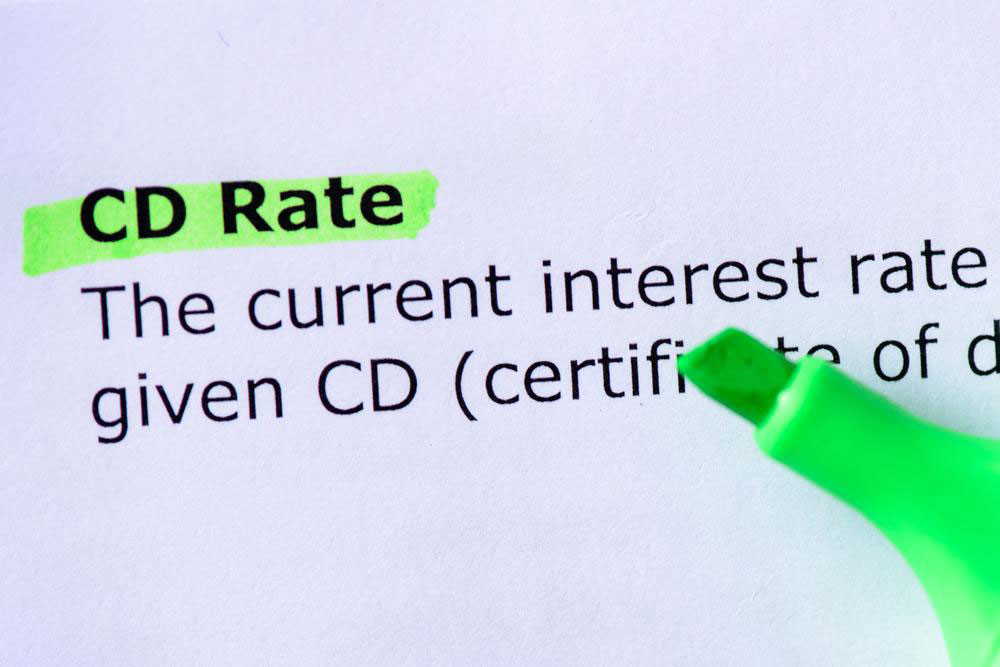A detailed guide to finding the best CD rates
In simple terms, “CD rate” is defined as the interest percent yield on a certificate of deposit. Essentially a Certificate of Deposit is a savings deposit for a fixed period of which interest is earned by the bearer. A Certificate of Deposit (CD) is offered by any bank where you have opened a savings account. The fixed period can be a short or long term, and you will face a penalty if you withdraw your money before the term expires.

Step 1: Use comparison websites such as Bankrate or Nerd Wallet to get the best CD rates. Online banks tend to offer competitive CD rates as they have lesser overhead costs as compared to traditional financial institutions.
Step 2: Invest for longer terms as long-term CDs tend to have higher interest rates. However, this also means that you cannot withdraw your money for long periods of time.
Step 3. Consider CD laddering. By opening multiple long term CDs with at least one CD maturing every year, you will successfully receive higher yields and reduce the chances of paying withdrawal penalties.
Step 4: Keep an eye out for special deals. Banks to cut through competition may offer special CD rates. Don’t hesitate to ask the staff at your bank if they are running any offers.
Step 5: Look at other CD variations such as liquid and bump-up CDs. These may be riskier than traditional CDs, but they are ideal for time periods of rising rates. In the case of liquid CD, you will not have to pay the penalty if you withdraw your money before the term expires. However, you will have to cover up this cost with lower interest rates. In the case of a bump-up CD, you can switch to another CD with the same term but a better interest rate when your bank offers it. You can, however, make the switch only once.




